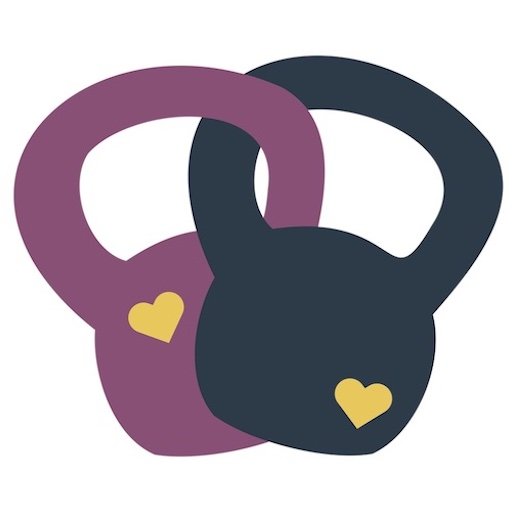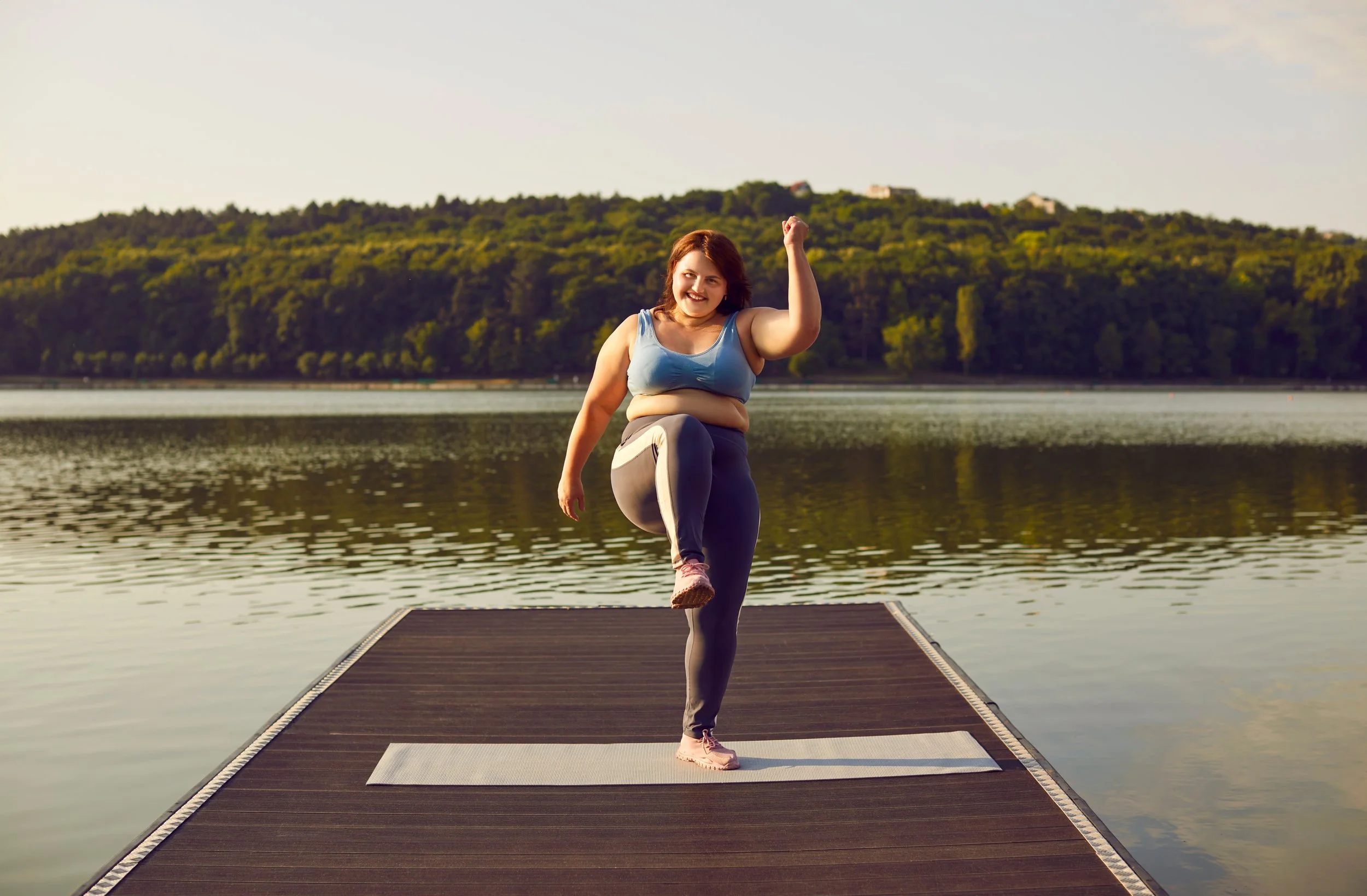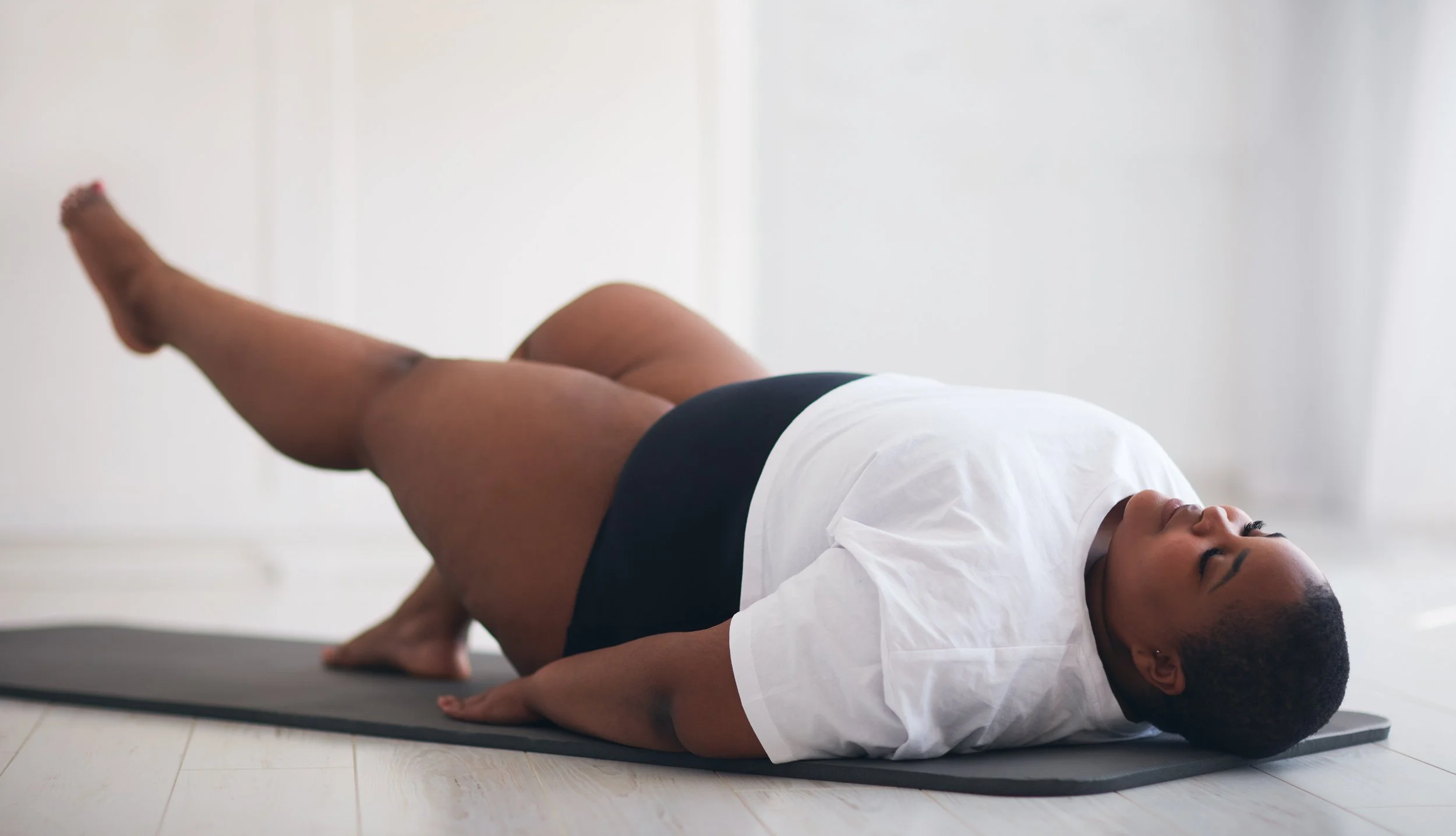Kicking Ableism Out of Your Movement Practice
By Sarah Petty
One of the pillars of PowerUP is “accessibility.” This pillar was chosen very intentionally, because we know that the average gym or online fitness program is not very accessible to the majority of folks trying to learn new skills. Fitness spaces are often even less accessible for disabled people, whether they have a physical, mental, and/or social disability. Many of the things that make it harder for disabled people to access movement are the same things that reinforce ableism in the movement practices of not-yet-disabled people!
Regardless of where you are on the disability spectrum, understanding how ableism seeps its way into typical programs and motivational material is essential for cultivating your safe, supportive, and effective movement practice. Let’s dive in!
Why is this important?
Firstly, productivity does not equal value
The number one reason this topic is important for EVERYONE engaging in fitness is the idea that is baked in to almost every motivational quote, welcome packet, and onboarding session in the fitness. It’s the idea that your productivity = your value. The more you do, the better a person you are, the better you can feel about yourself.
Humans have long exchanged labor for money. So in that sense, there is value in productivity. But your value is innate as a human. Believing that your value comes from your productivity gets in the way of an effective and supportive movement practice, because you’ll be forever chasing a carrot on a stick. Which leads to the next reason why this is important to discuss:
Capacity can change, and disability is inevitable
Chronic pain, illness, neurotype, education, work stress, parenthood, etc. all cause your capacity to “do stuff” to ebb and flow. If your inherent goodness or worthiness is measured by capacity/productivity, you’ll never measure up.
Even if you are lucky enough to currently be pain free, illness free, and able-bodied, if you live to an old age you will eventually need support systems and tools to continue moving through life.
This is why it is so important to curate your mindset around movement to be independent from your capacity and ability. If you (suddenly or gradually) have to adapt to a new way of moving because of lack of ability, your commitment to movement as a lifelong practice will stay intact. And finally:
You are worthy of care
Humans are made to move! Outside of being productive, and separate from trying to be “fit.” Regardless of your day to day output, your ability, your body size, how often you move, or how hard you workout, your body needs movement. It deserves the time and effort it takes you to figure out how to move safely and sustainably, regardless of your current circumstances. Separating workouts, fitness, and movement in general from your sense of worth as a person removes a significant barrier to making movement a long-term fixture in your life.
What boxes do you put yourself in?
You may be harboring deep-rooted beliefs that are, at their core, connecting your self worth to your ability. You may feel stuck, incompetent, powerless, trapped, weak, or useless, because your capacity to move, exercise, or train doesn’t look like the examples you see in media (or even your social circle). This often forms beliefs that become defining statements, keeping you from exploring what movement could look like outside of the narrow definition you understand as the default.
Some phrases you might catch yourself saying include:
“I’ll never do ___ because I’m not ___”
Example: I’ll never be good at working out, because I’m not disciplined enough.
“If I can’t ___, then I’m not ___”
Example: If I can’t run a mile nonstop, then I’m not a real runner.
“If I can’t ___, then I’ll never ___”
Example: If I can’t walk without pain, then I’ll never be able to work out consistently.
“I’m worthless if I can’t ___”
Example: I’m worthless if I can’t workout regularly.
Enter: the fitness industry
There’s a connection between these statements you say to yourself, and the ones you’ve absorbed directly or indirectly from the fitness industry.
Think of 2000s-era motivational posters and TV shows that reinforced the objectification of fat people. The expectation that you have to show up 100% or you might as well not bother was EVERYWHERE during that time period, and has trickled down into fitness culture today. Phrases like:
“No pain, no gain.”
“___ workouts per week aren’t worth it.”
“No excuses!”
“___ doesn’t count as exercise.”
Yikes. Unfortunately my Facebook memories are full of them because at the time, I found them helpful and though sharing them would guilt other people into working out more. I’ve grown a LOT since then.
Additionally, ideas like these often show up:
One variation of a movement is the “correct” one
Rest is implicitly or explicitly discouraged
Authority always trumps personal experience
Complexity is prioritized over simple effectiveness
These phrases and ideas created this idea of “one right way” to move, and anything else is wrong or not worth your time. It creates unnecessary barriers to movement that keep people from starting, whether due to lack of time, lack of ability, lack of confidence, or lack of feeling welcome. This accomplishes the OPPOSITE of the goal of most fitness professionals, which is to help people move MORE.
The wellness industry and body positivity culture isn’t much better. While seemingly focused more on overall wellbeing than performance or absolutism, these phrases are common and reinforce the same ideas:
“Love your body”
- what if I find that impossible because of how people treat me or how hard it is to exist in my body?
“As long as you’re healthy”
- but, what if I’m not?
“It’s about what your body can do”
- but what if it can’t do much right now?
A focus on purity, excessive/unnecessary/expensive tests, elimination diets, unrealistic promises to optimize wellness or completely heal you, and an unspoken standard of acceptable fatness and/or disability lie under the veneer of wellness culture and bleed into body positivity. This is one of the reasons why I prefer to focus on body neutrality and body liberation.
What if your ability isn’t typical?
Ableism assumes you aren’t doing it right and need to be fixed or change something if you can’t perform to a specific (often arbitrary) standard. This approach underlies many of the thoughts, beliefs, and standards reflected below.
Deciding how to move based on what you “should” do is unhelpful. What matters is how your body feels and how movement can support your long-term wellbeing! Give yourself permission to do whatever you need to do as you reconnect with movement on your own terms. You might take an extended break to work on your mindset, learn a new skill, sign up for a “just for fun” competition, take a class, or explore a new modality of movement as you redefine what movement is accessible for you.
So…how can we move in a way that isn’t ableist at its core?
Things that aren’t inherently ableist:
wanting more ease in your life
wanting to feel better, physically and/or mentally
wanting more capacity for everyday life and challenges
wanting to build skills to help others
wanting more energy
Movement can help with all of these goals!
Why you move matters
Fear-based motivation (i.e.: “I don’t want ___ to happen") can let you down at any time. What happens if your fear becomes your reality? POOF: motivation gone.
If your motivation for movement is so you don’t become disabled, what happens if you experience an injury or illness that suddenly gives you a disability? Or if you are lucky enough to live a long time, the inevitable effects and reduced abilities of aging will kick in. Do you just…stop moving? Give up on life? Or do you find deeper reasons to continue moving and adapt your movement practice to work for your current circumstances?
Values-based motivation (i.e. “___ is important to me, so I will ___ in order to support that”) offers you a continuous resource regardless of your circumstances.
Your actions may change in response to circumstance, but the motivation (value) remains. No matter what happens, you see movement as a resource to help you accomplish your goals.
Let’s reframe!
In order to reclaim movement for your own purposes, you’ll need to identify:
what you want out of the experience of moving
pure enjoyment?
increased mobility?
more strength?
access to specific experiences?
better mental health?
what feels good to you
what kind of movement can you tolerate?
what kind of movement do you actually enjoy?
what kind of movement is sustainable for you?
how movement can help you
learn fun skills just because!
build mobility through various kinds of movement (strength training, yoga, Pilates, walking)
start strength training, increase load/volume, learn new skills
practice moving from point A to point B
notice how various types of movement affect your mental health
How do we get from one side of the scale to the other?
Talk yourself through your experience with phrases like this:
“I don’t have to do it all today, I just have to do a little bit.”
“I can rest as long as I need.”
“I can find a way to move that doesn't exacerbate my pain.”
“I won’t always feel this overwhelmed.”
“I will feel more confident in this if I continue to practice.”
“This injury/setback doesn’t mean I won’t make progress in the future.”
“I can find a more comfortable way to do this.”
“I can get support from ___ (person, tool, resource).”
This approach means you always have options and you can always make adjustments based on your current capacity.
I can’t think of a more flexible structure than that!
If this info is helpful to you, please share this with your friends and family who may also benefit.
Much love,
~ Sarah




